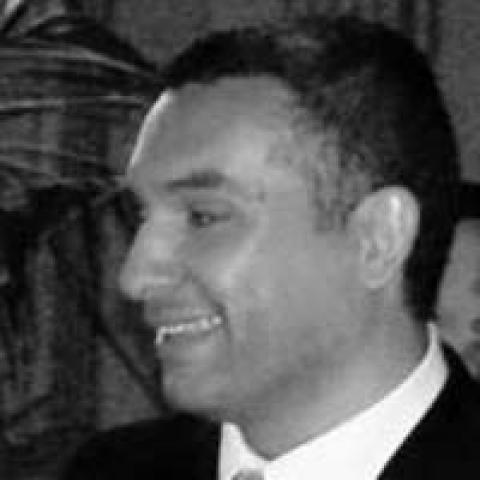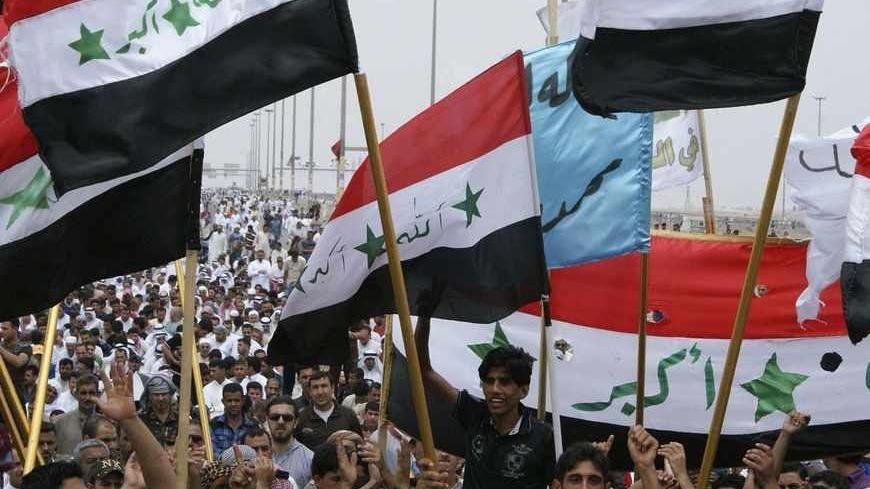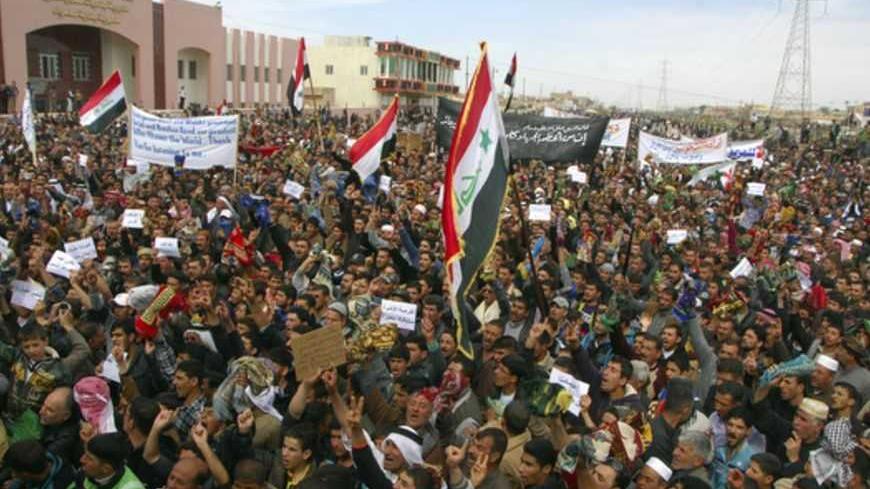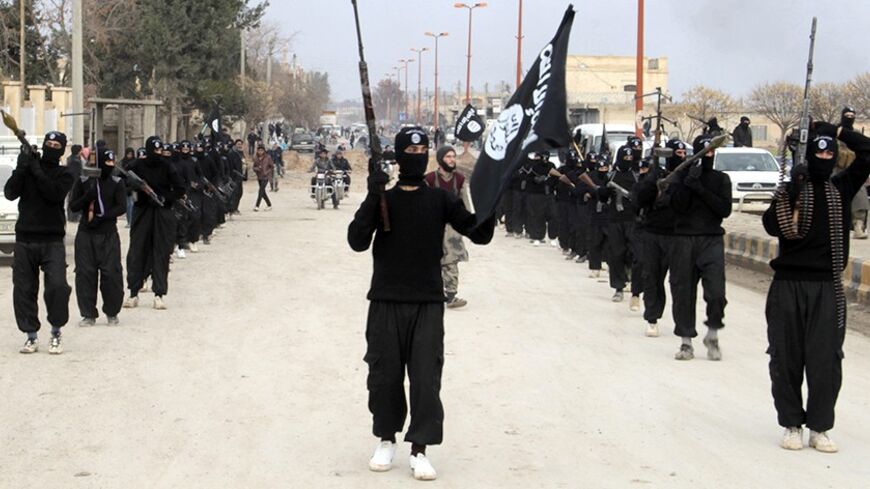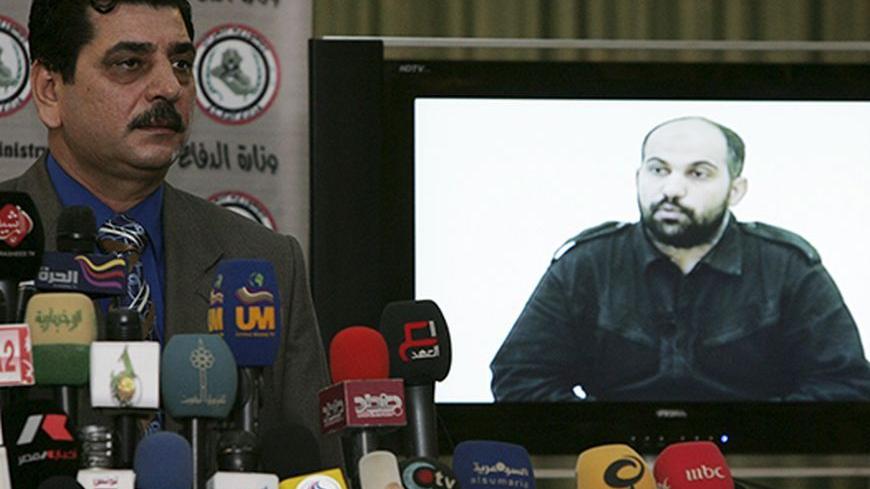Al-Qaeda Looks to Build Support Among Iraq's Sunnis
In Iraq's highly polarized sectarian climate, al-Qaeda has presented itself as the "defender of the Sunnis" to increase its support and influence.

The current political and psychological environment in Iraq seems favorable for the return of al-Qaeda, as was demonstrated in Abu Ghraib jailbreak on July 22 and the weighty operations that followed. The latter targeted Shiite civilians by means of car bombs, al-Qaeda’s preferred tactic. These days, al-Qaeda is charting a new course of action that adapts to internal and regional changes. Its new name — the Islamic State of Iraq and Syria (ISIS) — clearly expresses the organization’s ideological inclinations and political aspirations.
During the past period of conflict with US forces, al-Qaeda faced significant challenges in establishing itself in Iraq. It was forced to enter into theoretical, doctrinal and political discussions similar to those held between the former leader of the organization, Abu Musab al-Zarqawi, and his former mentor Abu Muhammad al-Maqdisi and the current international leader of al-Qaeda, Ayman al-Zawahri. Zawahri and Maqdisi both objected to al-Qaeda’s excessive attacks on civilians and its focus on targeting Shiites.


